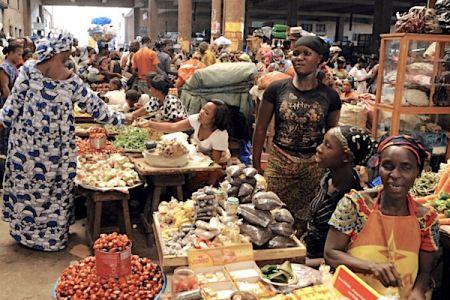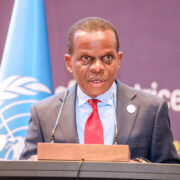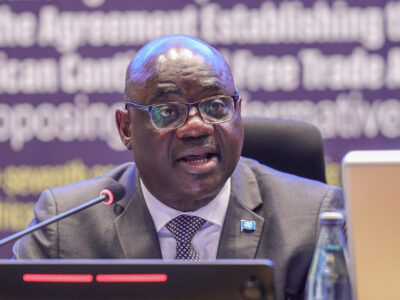
(Ecofin Agency) – The measures taken in 2020 by the regional WAEMU bank -BCEAO- to enable banks to support states have proven successful. However, the real economy was overshadowed by these measures and the consequences are felt on market prices.
The free reserves of commercial banks operating in the WAEMU reached CFA2,089.6 billion ($3.56 billion) as of November 30, 2021, according to a recent BCEAO situation note. This represented 2.3 times the level of reserves required by regulation in the sector.
With nearly CFA1,079 billion in free reserves, Côte d’Ivoire, the largest economy in the sub-region, is the country with the largest available banking resources. Next come Senegal (CFA445 billion) and Burkina Faso (CFA261.3 billion). The respective rates for the three countries are 301.2%, 250.4%, and 242.5%.
Last December 8, the central bank announced it was maintaining the reserve ratio unchanged at 3%, the same since March 16, 2017. This level is in line with the monetary policy to allow banks to have more resources, first to finance the economy and maintain some price stability, and more recently to meet the needs of the government during Covid-19.
According to BCEAO figures, outstanding loans to the economy increased by CFA4883.1 billion (+13%) between November 2020 and November 2021. A better balance between credits granted to central governments and other economic agents was also observed. In October 2020, central governments had captured 83% of the additional credit to the economy, compared with 58% a year later.
The analysis of credit activity since 2019 shows that the increase in bank loans to central governments has always been greater, compared to those granted to other economic agents, particularly the productive private sector. The analysis also shows that the free reserves of WAEMU banks have steadily increased from 143% of what was required in 2019, to almost 230% at the end of November 2021.
The assumption is that BCEAO’s accommodative policy is benefiting central government financing, but not the economy. This position is borne out by the evolution of the consumer price index (inflation), which accelerated to 4.9% at the end of November 2021, with a greater impact on the prices of local goods and services. This is the strongest increase in prices in the sub-region since October 2016, after a steady decline through 2019, and an increase of only 3.5% in October 2020.
The international situation (increase in shipping and other goods prices) certainly plays a role in the price increase, but it appears that the productive sectors in the WAEMU do not have enough resources to meet demand. The rise in food prices, which peaked at more than 19%, weighs on those with fewer financial resources. At the same time, the agro-pastoral sector, which covers 60% of the labor force, does not receive sufficient bank credit.
It is now clear that price stability no longer depends solely on the amount of liquidity in the economy, but also and above all on a dynamic in which supply is not sufficient to adjust market prices. For the time being, the BCEAO policy allows governments to finance themselves and banks to get richer but does not completely support the real economy. This subsequently deteriorates the purchasing power of households.











Comments